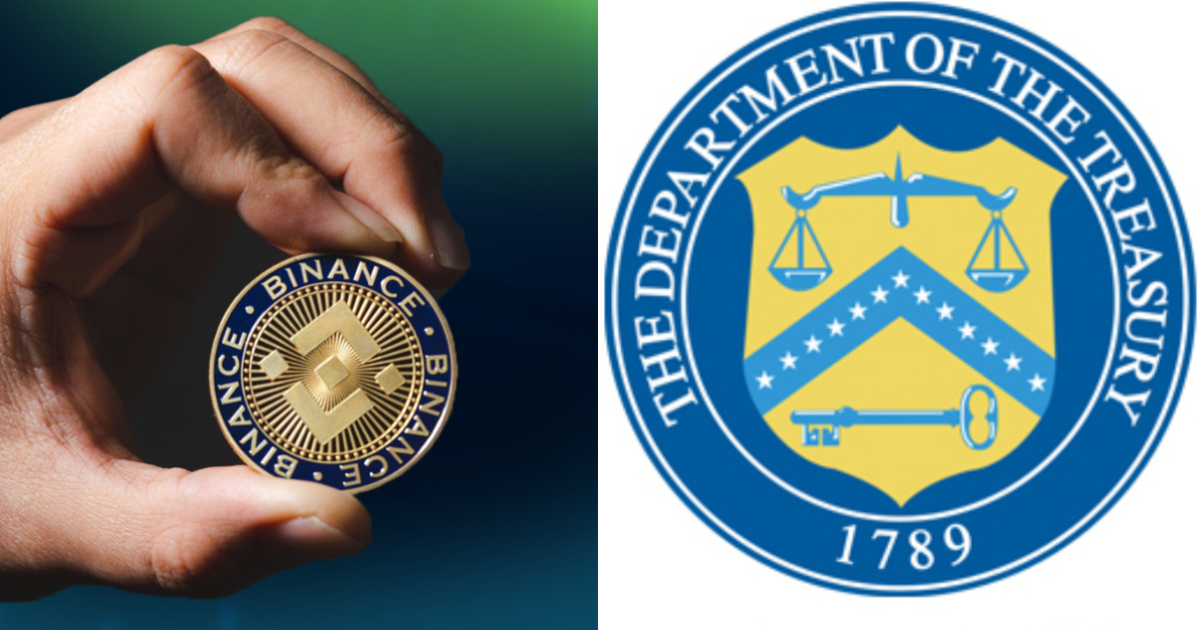Binance Holdings Ltd. To agree with Office of Foreign Assets Control (OFAC) Paid $968,618,825 for 1,667,153 apparent violations of multiple sanctions programs, including dealing with users in Cuba.
For more than five years, from August 2017 to October 2022, the Binance exchange Digital currencies Through its online platform, including transactions between users in sanctioned countries and persons on the Office of Foreign Assets Control (OFAC) block list, which constitutes a serious violation of the Company’s compliance with US sanctions.
Although Binance sought to project an image of regulatory compliance, including misleading third parties about its controls, senior management was aware of and allowed users from both the United States and sanctioned jurisdictions to use its platform, according to a report. launch From the Ministry of Treasury.
Binance has also taken steps to undermine its surveillance function, encouraging users to evade controls allegedly imposed by the company, resulting in (1) the direct or indirect export of goods and services from or by US persons to sanctioned jurisdictions and (2) Causing injury to US persons for engaging, directly or indirectly, in transactions with users in sanctioned jurisdictions and with prohibited persons, which are described as “clear violations.”
The settlement amount reflects that Binance did not voluntarily disclose these violations and that the company’s conduct was intentional. This also takes into account Binance’s previous agreements with the Department of Justice (DOJ), the Financial Crimes Enforcement Network (FinCEN) and the Commodity Futures Trading Commission (CFTC), as well as the company’s agreement to develop an independent compliance monitor for the next five years. .
Among detailed practices, Binance identified users in sanctioned jurisdictions, including Cuba, based on its “know your customer” process and other available information. From August 2017 to October 2022, Binance processed approximately $706,068,127 in cryptocurrency transactions that violated sanctions regulations in various sanctioned countries and jurisdictions.
For cryptocurrency exchanges and other financial entities that operate outside the United States, transact with U.S. persons or within the United States, this case underscores the need to ensure that their activities do not cause Americans to violate government-imposed economic sanctions, or lead to the imposition of sanctions. Export of goods, services, or technology from the United States to sanctioned jurisdictions or prohibited persons.
Binance’s proactive and collaborative approach with OFAC, which included an extensive internal investigation as well as several significant remedial measures, helped mitigate the eventual penalty. However, this case highlights the critical importance of regulatory compliance and the potential exposure to severe consequences as a result of non-compliance with sanctions laws, especially in a sector as closely monitored and new as cryptocurrency.
In September 2021, The Cuban regime announced that it will begin regulating the use of cryptocurrencies Licenses will be granted to the service providers who work with them, according to the Central Bank of Cuba (BCC).
In April of the following year, Cuban authorities have allowed the use of cryptocurrencies In the national banking system for natural and legal persons, it was announced the delivery of one-year licenses to those who provide virtual asset services.
“It has been brewing for some time, (recently) the regulations have been reacting to reality, and this is important in the Cuban context,” the academic said. Arturo Lopez Levy One day after the announcement. “For sanctioned countries, this is an alternative that has already been implemented“Confirm.
Statements by the controversial professor at the University of Denver and Colorado and cousin of the late general Luis Alberto Lopez Calleja (Who directed Business Administration Group SA, GAESA), they showed that the Cuban government can avoid economic sanctions imposed by the United States through the use of cryptocurrencies.
One of the advantages of using cryptocurrencies, according to the Cuban academic, is the difficulty of tracking the operations that take place with them. Their analysis clearly did not take into account OFAC’s technology, nor the enthusiasm with which it carries out its mission.





